News

Maryland Initiative for Digital Accessibility (MIDA) Informs Public Policy on Technology Accessibility for People with Disabilities
October 24, 2023 | INFO StaffJonathan Lazar provided testimony about digital accessibility to the U.S. Senate Special Committee on Aging and MIDA provided comments …
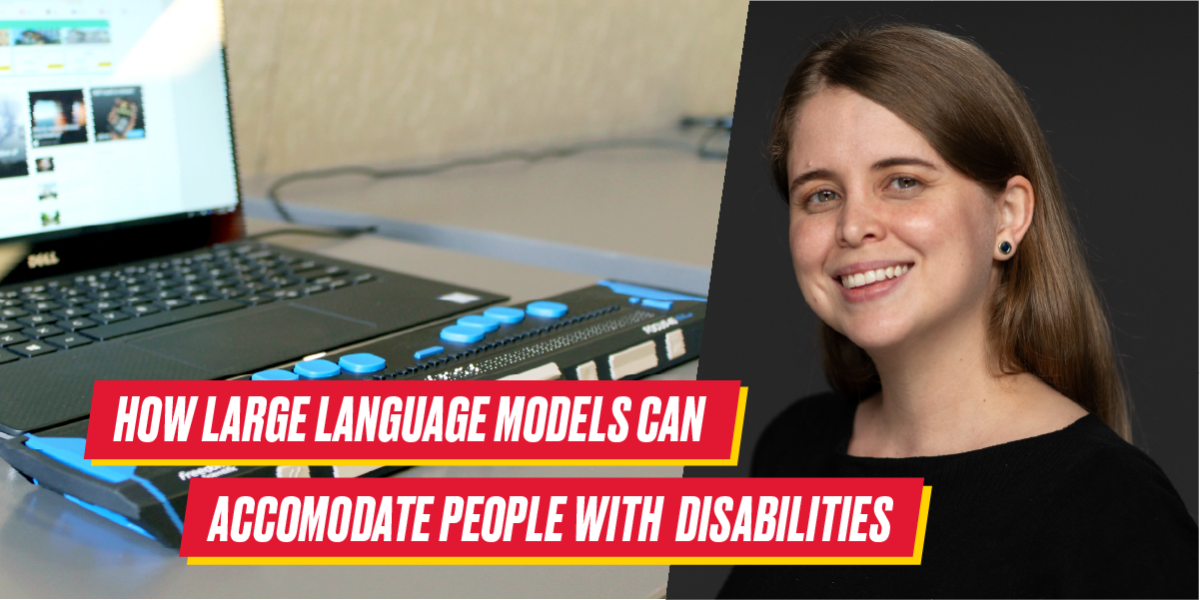
Stephanie Valencia²
Stephanie Valencia² Explores How Large Language Models Can Accommodate People with Disabilities
October 23, 2023 | Olivia BorgulaThe INFO assistant professor studies the benefits and limitations of technology in aiding communication
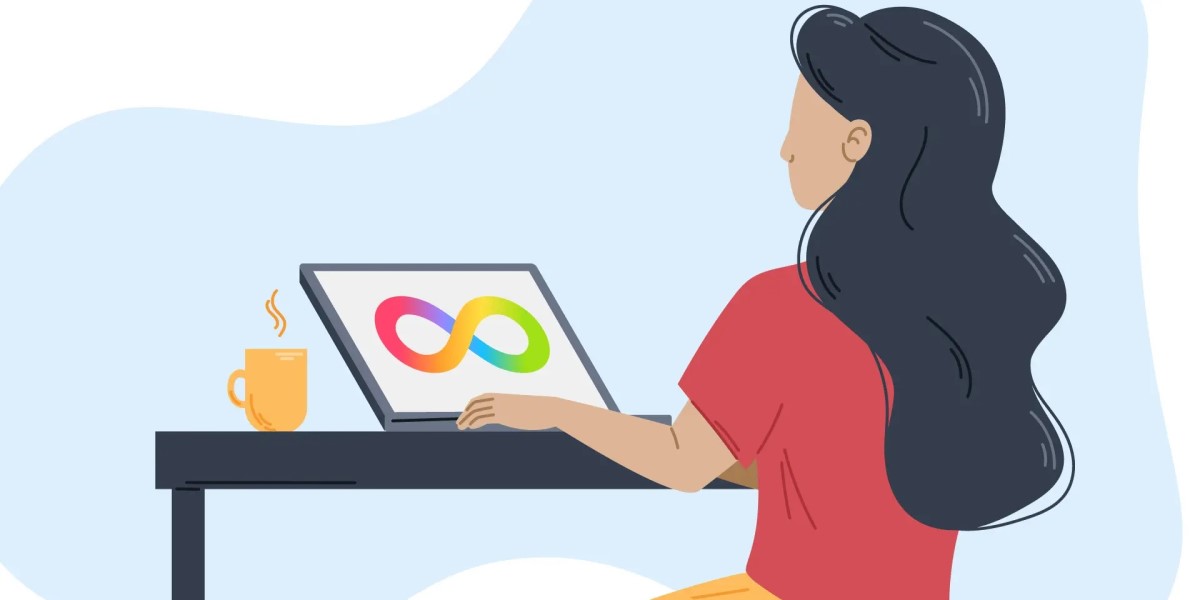
Maryland Today: UMD Tech Tool Aims to Make Workplaces More Inclusive for Autistic People (ft. Ge Gao)
October 12, 2023 | Maggie Haslam | UMDVideo Platform Designed by Neurodiverse Team Could Improve Communications for All
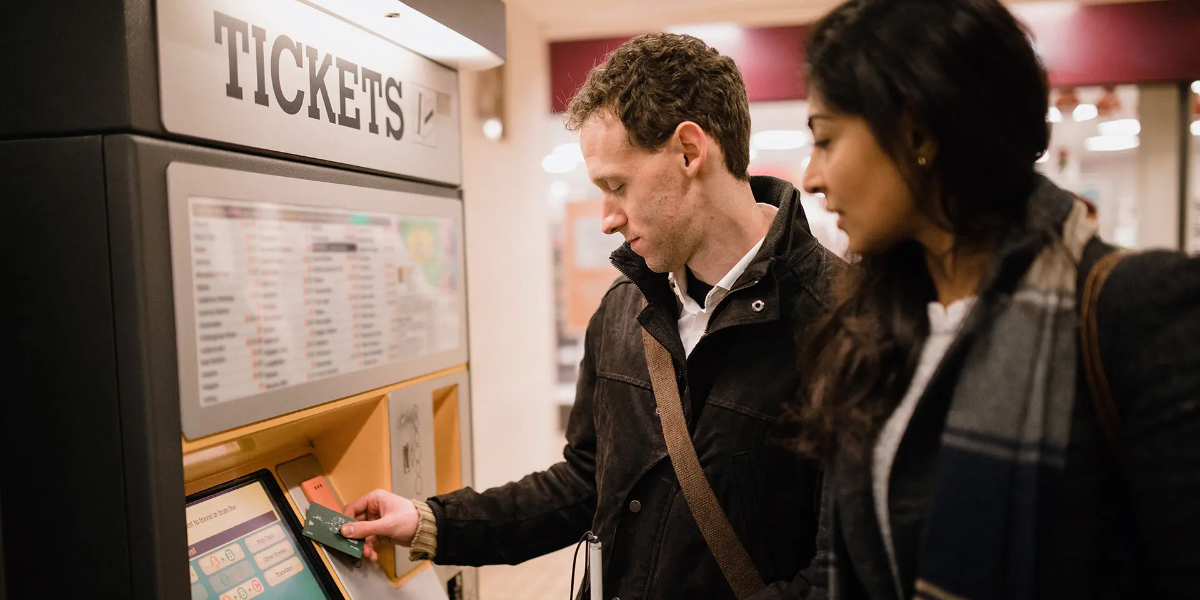
As touchscreens proliferate in daily life, from coffee shops to airports, people who are blind or visually impaired are often unable to access important digital information. UMD researchers have developed a new robot that could help bridge the gap
Photo by iStock; Toucha11y photo courtesy of Jiasheng Li.
Maryland Today: An Ally for Access (ft. Huaishu Peng)
September 15, 2023 | Karen Shih ’09Palm-sized Robot Navigates Touchscreens for Visually Impaired Users
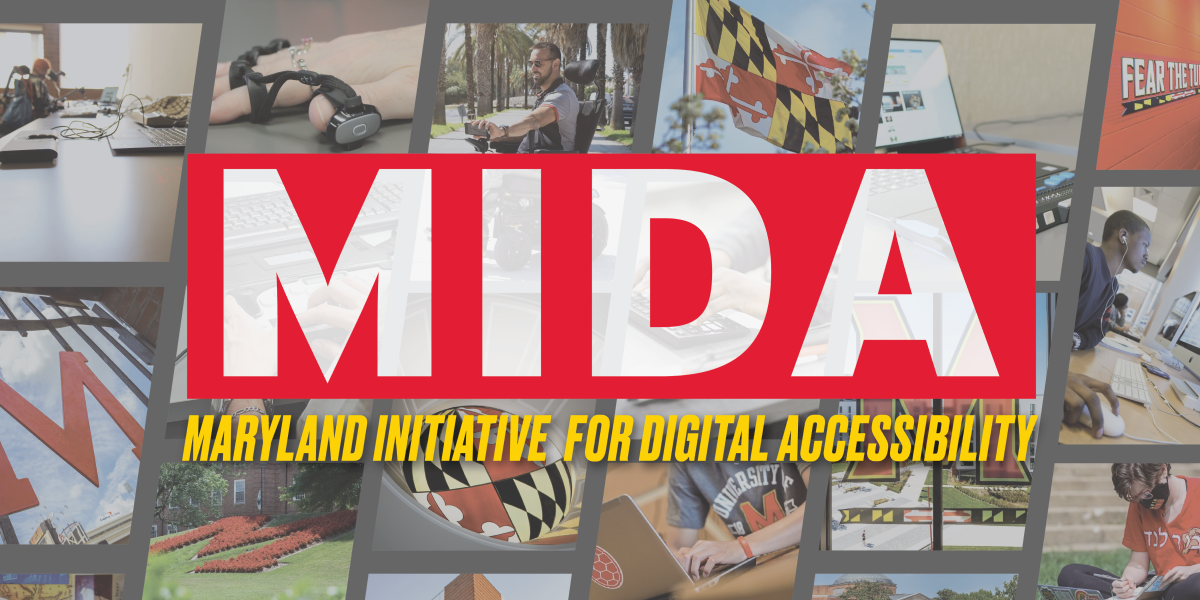
News Release: Maryland Initiative for Digital Accessibility (MIDA) Launches
July 21, 2023 | INFO StaffLed by the UMD INFO College, MIDA aims to change technology design to include disability communities as equal partners, proactively bui …
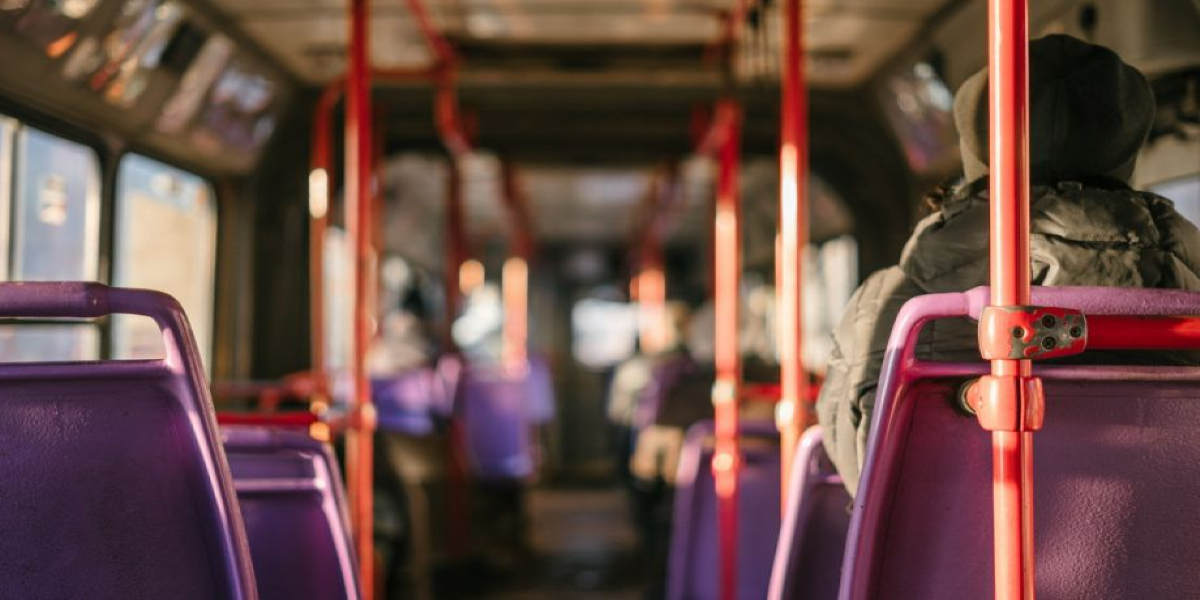
Photo by Ant Rozetsky / Unsplash
New App to Empower Baltimoreans to Advocate for Better Public Transit
June 29, 2023 | Laurie RobinsonINFO and BSOS are working on a toolkit to help determine the pain points Baltimoreans experience on their commutes.
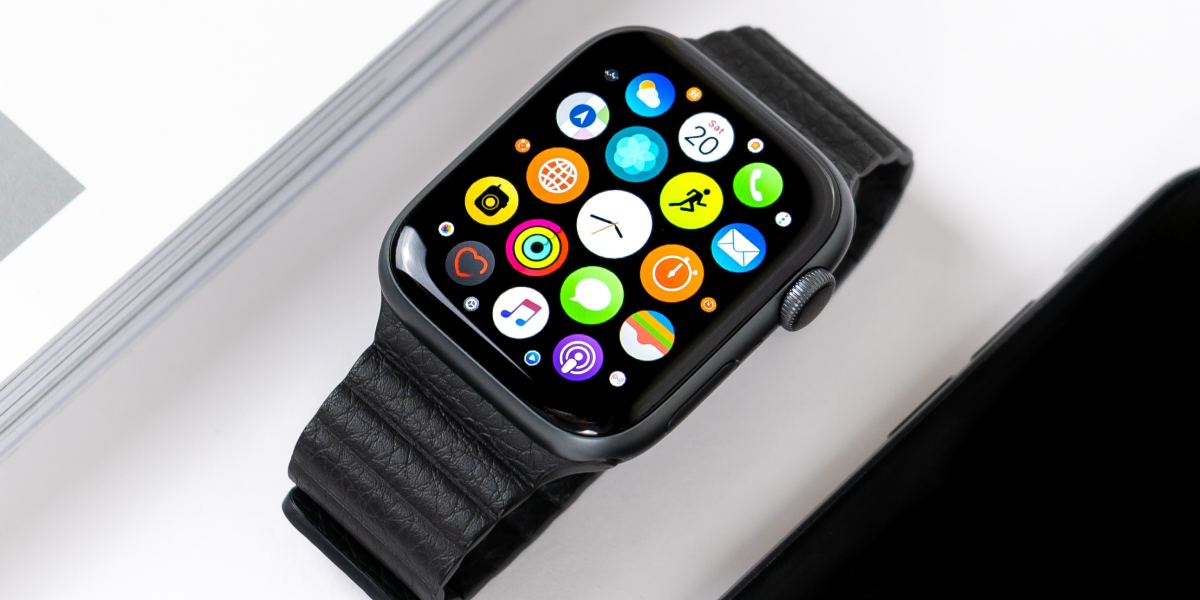
Accessibility Barriers: The Challenges Blind and Low-Vision People Face in Using Personal Health Tech
June 5, 2023 | Laurie RobinsonA Q&A with INFO Associate Professor Eun Kyoung Choe
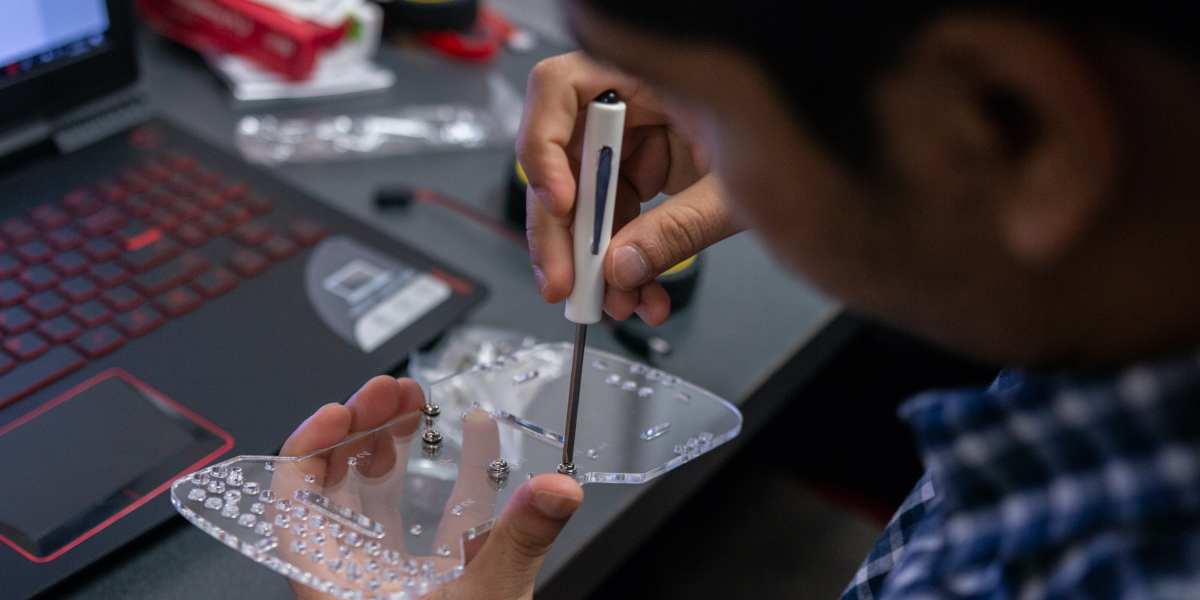
Breaking Boundaries in Technology: Discover the Cutting-Edge Research at the HCIL
April 5, 2023 | Laurie RobinsonA list of some of the collaborative research and innovative designs developed by the HCIL’s faculty, staff, and students

A statue of the blindfolded lady justice in front of the United States Supreme Court building. GETTY
Forbes: Web Accessibility Laws Set To Enter New Era As DOJ Gears Up For Spring Rulemaking (ft. Jonathan Lazar)
March 24, 2023 | UMD INFO StaffDr. Lazar comments on how university curricula need to be modified to include accessibility content.